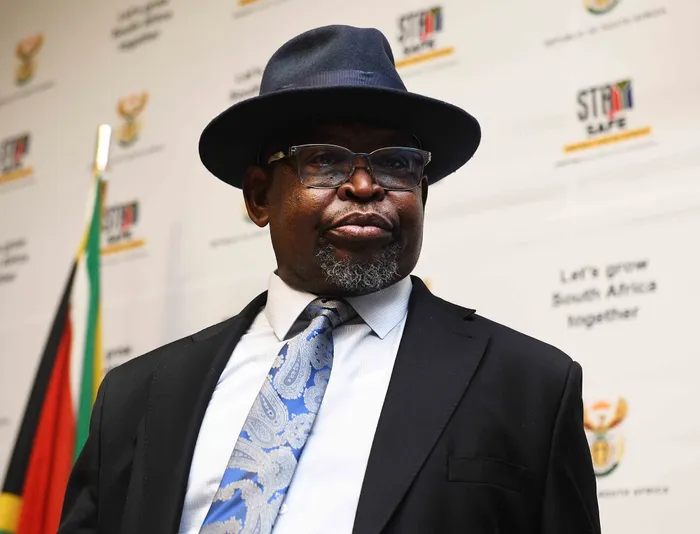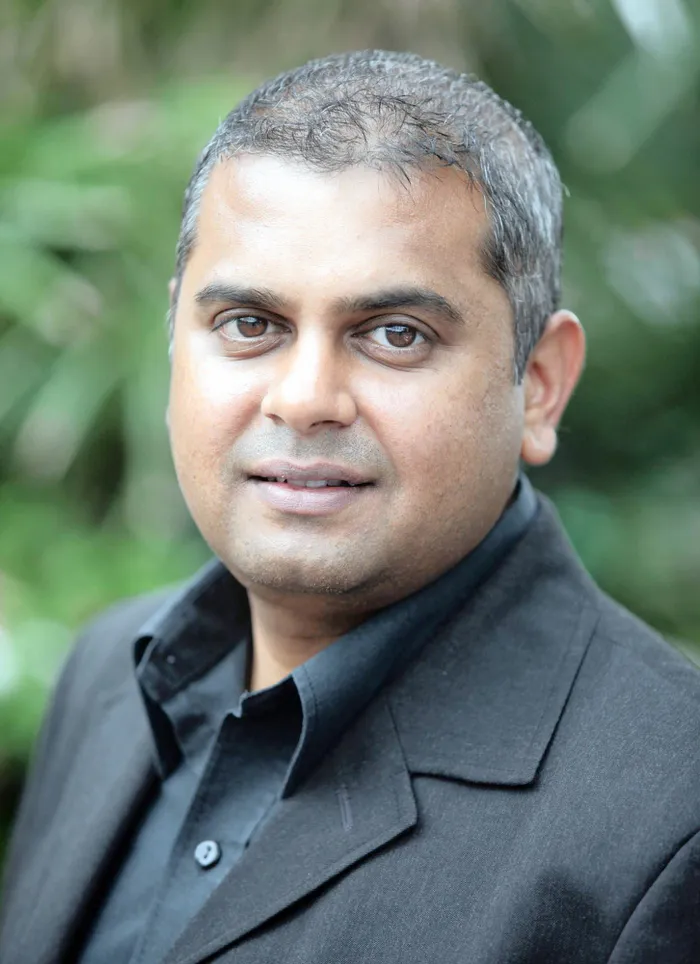Money, money, money

Finance Minister Enoch Godongwana finally delivered the 2025 Budget speech on Wednesday.
Image: Independent Newspapers
I work all night, I work all day to pay the bills I have to pay...
Ain't it sad?
And still there never seems to be a single penny left for me...
That's too bad
These are the opening lines of the Abba classic, Money, Money, Money.
It was released almost 50 years ago, but for many South Africans, the lyrics are as true today as they were back then.
In fact, after Finance Minister Enoch Godongwana presented his third instalment of Budget 2025, life is likely to get a bit more tough for most South Africans.
Godongwana sounded very upbeat when presenting Budget 3.0.
“Today is about delivering on the hope for a better life and a better future,” he said.
But the numbers don’t reflect the words.
Those who use vehicles to get around or transport their goods will be taxed more for fuel from June – 16 cents for petrol and 15 cents for diesel. That’s over and above any monthly increases caused by higher oil prices and a weaker rand.
Admittedly, it’s a smart move from the finance minister because oil prices are relatively low at around $65 a barrel, and they’re expected to remain at these levels for the near future.
The dollar has also weakened against the rand and, given the Donald Trump presidency, the American currency is likely to weaken further.
However, the Trump presidency has proved erratic and sparked uncertainty. Should oil prices or the dollar rise sharply, fuel prices in South Africa will accelerate. That will hurt.
There are two somewhat hidden taxes in Budget 2025.
The first affects those who get a salary increase. If it puts them into a higher tax bracket, they will pay more because the minister has not adjusted the tax tables for inflation.
The same applies to medical aid tax credits, which have not been adjusted for inflation.
Currently, those who have a medical aid get a R364 monthly reduction for the main member. There is a R364 reduction for the first dependent and R246 for a second dependent.
In the bigger scheme of things, at R1.3 billion it is a relatively small contribution to the fiscus, but it shows how the minister has to scratch around for cash.
Not surprising, those who consume alcohol and tobacco have not been spared.
A pack of 20 cigarettes goes up by over a rand while a 750ml of spirits will cost almost R6 more.
Even with these nibbles, it’s not enough to cover all our expenses. For years now, South Africa has spent a lot more than it earns in taxes. This year that figure is almost R378 billion. It is yet more money government will borrow – and borrow at a cost.
Many South Africans will realise the implications of this – after a while, the loan repayments become the biggest expense.
Over the last decade and a bit, South Africa has managed to rack up debt that now stands at over R6 trillion.
As a result, every day of the year the country has to fork out R1.2 billion in loan repayments. Put differently, for every rand government collects in taxes, 22 cents go towards serving debt.
Debt repayments are now South Africa’s biggest expense.
At R426 billion, it is more than government spends on social grants (R420 billion), basic education (R329 billion), health (R296 billion) and policing (R133 billion).
What we spent our money on is also questionable.
After debt, our second biggest expense is on grants. This includes the old age grant (R2,315 per month), war veterans grant (R2,335 per month), child support grant (R560), Disability grant (R2,315) and foster-care grant (R1,250).
Currently, just over 19 million people receive some or other grant. That equates to about one in three South Africans.
The child support grant alone will cost the country just over R90 billion. In comparison, we allocate just over R20 billion for innovation, science and technology.
Much of the country’s financial woes lie in the fact that the economy is not growing. This year, growth is pencilled to come in at 1.4%. It’s projected to be slightly higher in 2026 and a tad better in 2027, but still below 2%
But economists would say the country needs to grow closer to 4% per year, and for this rate to be sustained over a period for meaningful jobs to be created.
And that’s the problem with this budget – there’s nothing in it which can kickstart higher levels of growth. There is no plan.

Aakash Bramdeo is the eNCA Politics and Business Editor.
Image: File
If I got me a wealthy man,
I wouldn't have to work at all, I'd fool around and have a ball.
That’s the solution in the Abba song.
But wealthy men in South Africa are rare.
And Budget 2025 is unlikely to change this.
Aakash Bramdeo is the eNCA Politics and Business Editor. His views does not necessarily represent those of the Sunday Tribune or IOL. This opinion was first published by eNCA.com
Related Topics:
